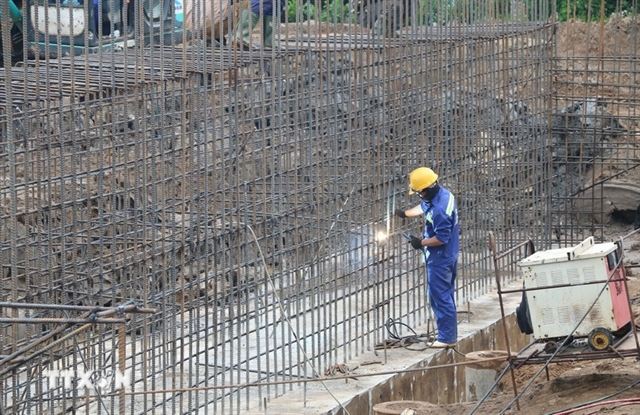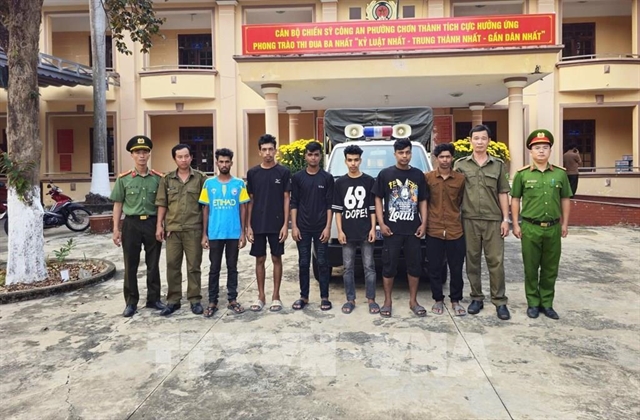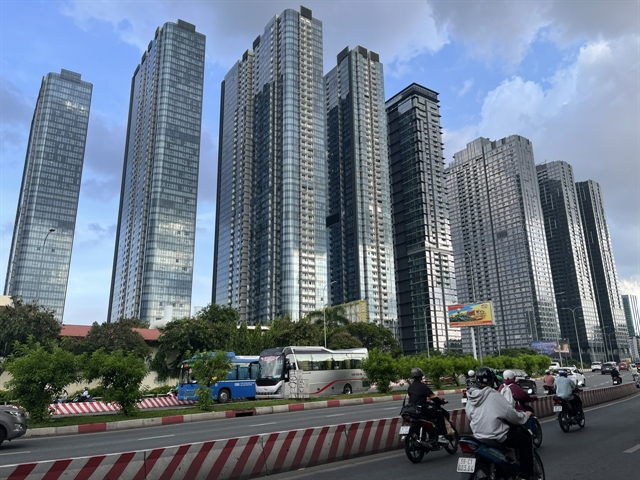 Economy
Economy
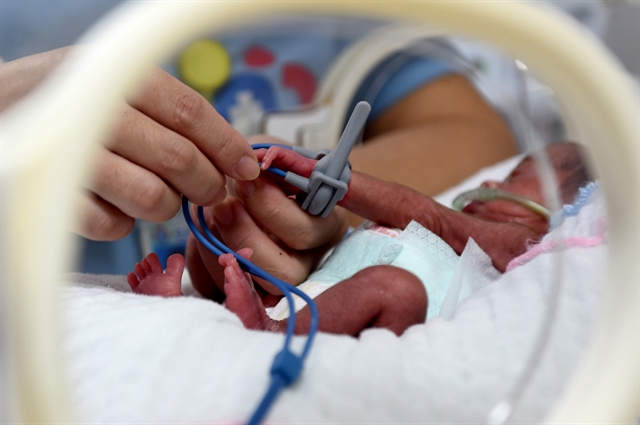
Việt Nam and its ASEAN neighbours need to adopt green manufacturing technologies to make sustainable new products and services, an international conference in Bình Dương Province heard on Tuesday (Mar 23).
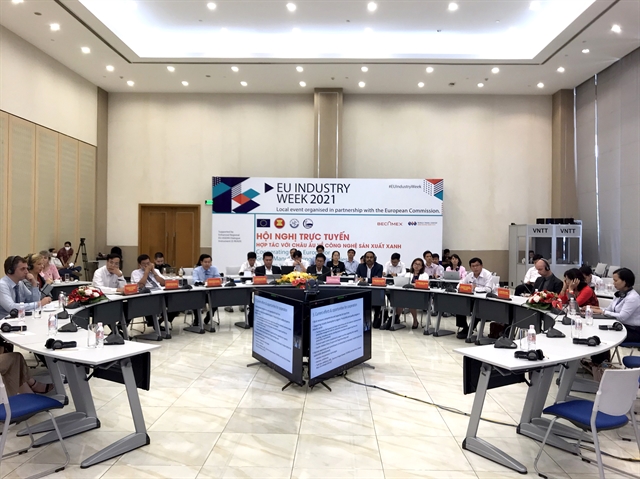
|
| Speakers at the ‘Cooperating with Europe for Green Manufacturing Technologies’ conference organised on Tuesday in Bình Dương Province. Photo courtesy of the organiser |
BÌNH DƯƠNG — Việt Nam and its ASEAN neighbours need to adopt green manufacturing technologies to make sustainable new products and services, an international conference in Bình Dương Province heard on Tuesday (Mar 23).
Dr Michael Braun, co-ordinator of the Enhanced Regional EU-ASEAN Dialogue Instrument project, told the ‘Cooperating with Europe for Green Manufacturing Technologies’ conference that it is important to promote technological co-operation between the European and Southeast Asian blocs for mutual benefit.
ASEAN countries have emerged as important manufacturing hubs in global supply chains, he said.
“The growing demand for environmentally sound, resource- and energy-efficient products and manufacturing has created a hunger for new green manufacturing technologies.”
With its rich technology and research landscape, innovative enterprises and dedicated green growth strategies, Europe is a major source of such green technologies, he said.
“Green technologies are key to sustainable new products, services and manufacturing processes, and are essential for realising green growth.”
For ASEAN member states, green technologies will help make the best possible use of their natural and energy resources and protect the health and well-being of workers and consumers.
Hans Farnhammer, head of Cooperation for the European Union Delegation to Indonesia, Brunei, Darussalam and ASEAN, said: “Green production has become the core of sustainable development.”
Prof TAN, Reginald Beng Hee, of the National University of Singapore, said, “Bình Dương Province is set to become the next destination for green technology transfer.”
Nguyễn Việt Long, director of the province Department of Science and Technology, said comprehensive transport infrastructure and quality human resources play a major role in attracting foreign investors, especially from Europe, with green manufacturing technologies.
The Government needs to invest in improving infrastructure and offer incentives to promote the triple helix model of university–industry–government co-operation, he said.
European Green Deal
Joanna Drake, deputy director of the European Commission’s Directorate-General for the Environment, said under the European Green Deal, the EU recognises that climate change and environmental degradation are an existential threat to Europe and the world.
To overcome the challenges, the EU needs a new growth strategy that would transform it into a modern, resource-efficient and competitive economy in which there are no net emissions of greenhouse gases by 2050, and economic growth is decoupled from resource use, she said.
The Deal aims to make the EU’s economy sustainable by turning climate and environmental challenges into opportunities, focusing on investments in green technologies, sustainable solutions and innovative businesses, she said.
It also lays out a path for a sustainable transition that is socially fair and ensures ‘no person or place is left behind’, she said.
The EU therefore supports ASEAN and its member states with initiatives related to climate-change resilience and adaptation, environmental protection, including protecting bio-diversity, and disaster preparedness and response, she added.
The two-day conference that began on Monday is being held as part of the 2021 EU Industry Week organised by the provincial People’s Committee and the European Commission. — VNS



